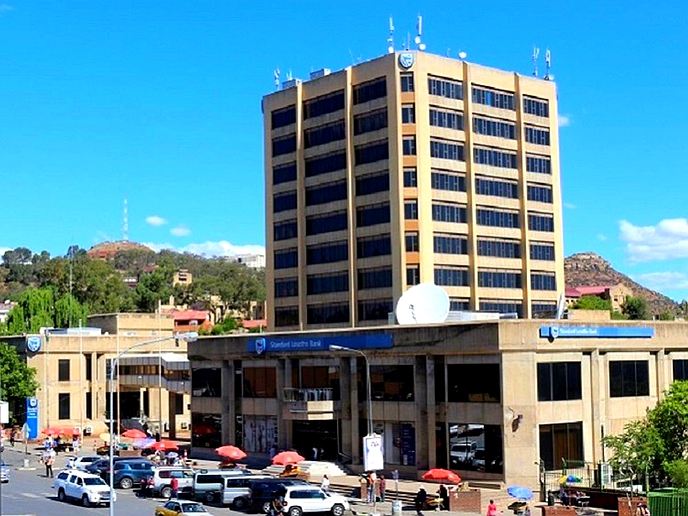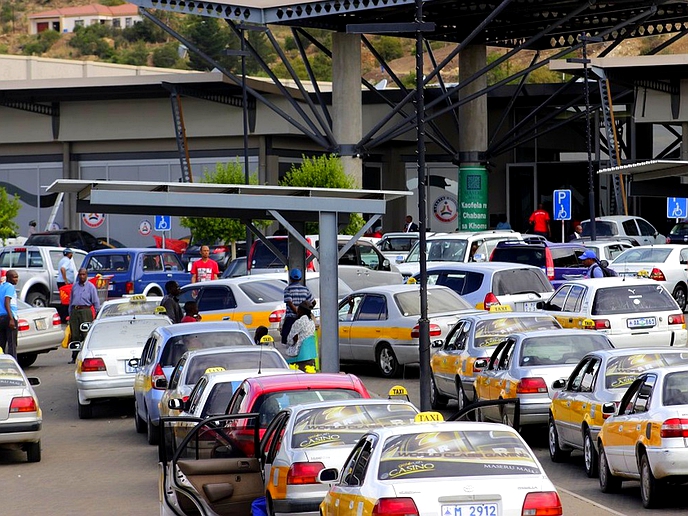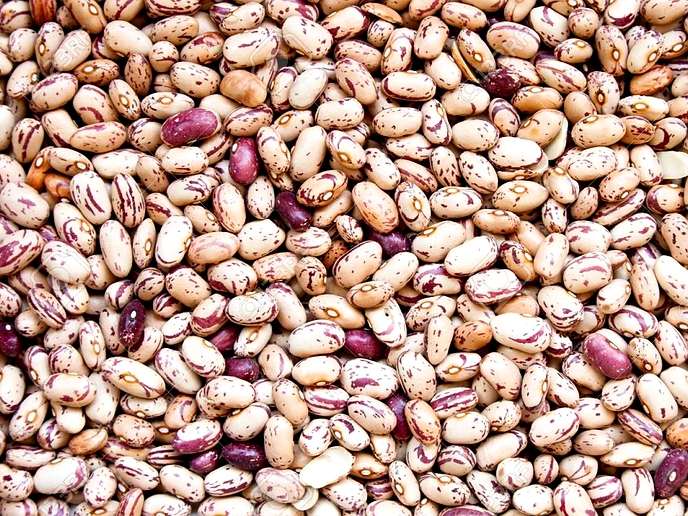MASIANE Nthina made her way nervously from the kit room to the slopes. Shuffling with skis on her feet for the first time is not easy.
business
July 14, 2021
STAFF REPORTER
4 min read
Lesotho ski resort goes off-piste to keep workers
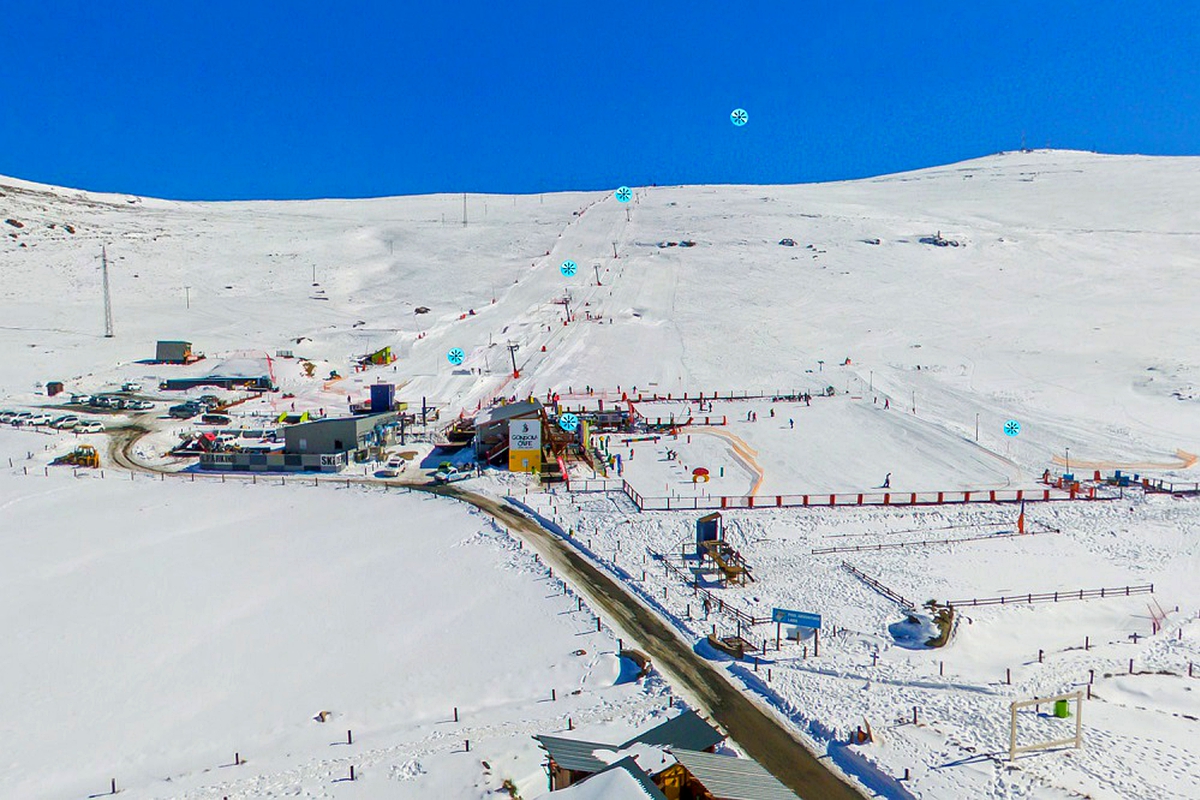
The Afriski Mountain Lodge and Resort in Mahlasela, Butha-Buthe
Nthina, an intern at the Lesotho Tourism Development Corporation (LTDC), lives close to Afriski Mountain Resort, but had never visited it.
She had always viewed the resort as the preserve of the elite and thought that on her meagre wages she could not afford to go.
“I used to see the resort on social media and would even pass by on my way to Mokhotlong, but had never visited Afriski,” she says. “It’s a wonderful experience and I would do this again without a second thought, given an opportunity.”
This year, however, she and others living near the resort are being offered incentives to hit the slopes as the COVID-19 pandemic threatens business during the winter season.
Nestled in the Maluti Mountains in Butha-Buthe in the north-east of Lesotho, 125 miles (200km) from the capital, Maseru, Afriski is one of only two skiing resorts in southern Africa. The other is in the Eastern Cape province of South Africa.
The resort is 3 200 metres above sea level, where sub-zero temperatures are normal. The area receives snowfall for most of the year, although it is coldest during the winter, from May to August. A snowmaking system, fed by a storage dam at the top of the mountain and a 1 000-metre pipeline and pump, is on hand in case snow does not fall.
Since it was established in 2000, Afriski has been one of Lesotho’s biggest tourist attractions, hosting about 27 000 foreign visitors a year, mostly from South Africa, which surrounds Lesotho. The resort is the main employer in the area, but tourism has been hard hit by the pandemic and last year the resort received just 10 percent of its normal visitor numbers.
The pandemic “has certainly thrown us a curveball and one we definitely did not expect to be circling for this long”, says marketing manager Robyn Moon.
The company says it lost an estimated M40 million (£2m) because of the pandemic, while several small local businesses that supplied the resort with vegetables and other food, as well as services, such as musicians and photographers, collapsed when orders dried up. The resort had to lay off about 30 percent of staff, including managers, at the start of the pandemic.
Although cross-border travel has resumed, international tourists must pay almost £44 each for COVID tests before they can visit. Accommodation costs range from about M325 - M1 200 (£16 - £60) a night.
To help increase visitor numbers and generate income, managers have introduced 20 percent discounts on accommodation packages, low season rates throughout winter, and have waived entrance fees for people living locally. The result has been a 20 percent increase in local visitors, says Moon.
To support staff last year – 86 percent of employees are from the local area – the resort offered skills training to help them earn extra money when there was little or no work. Waiters, receptionists and security guards were trained in painting, sewing, silkscreen printing, baking and carpentry.
Enjoy our daily newsletter from today
Access exclusive newsletters, along with previews of new media releases.
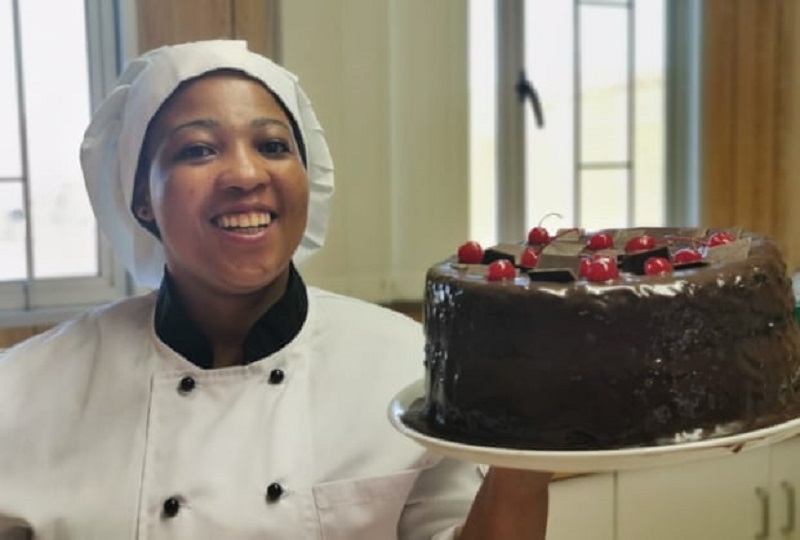
Palinyane Ntšonyane, a pastry chef at Afriski Mountain Resort
Palinyane Ntšonyane, a pastry chef who has been with Afriski since 2015, says she was very worried about losing her job last year. Ntšonyane supports her parents and pays her siblings’ school fees.
However, she says: “We were taught to think out of the box and make every opportunity count, despite the challenges.
“We had to come up with initiatives to keep the company going. We sewed face masks and printed them for sale and helped the company raise our salaries,” she says. “We also helped renovate buildings at the resort and did jobs like painting and designing to improve the facilities.”
For Ntšonyane, the pandemic has had a silver lining. She set up her own business, making biscuits to sell at the local mines, garages and supermarkets as far away as Maseru.
“The project is paying six people’s salaries while I am also getting extra income,” she says.
“The whole experience opened my eyes and I can now come up with business ideas that I never imagined I could. Instead of relying on the company to come up with initiatives, we can now innovate and raise money to improve our lives.” The Guardian
Tailored for you



